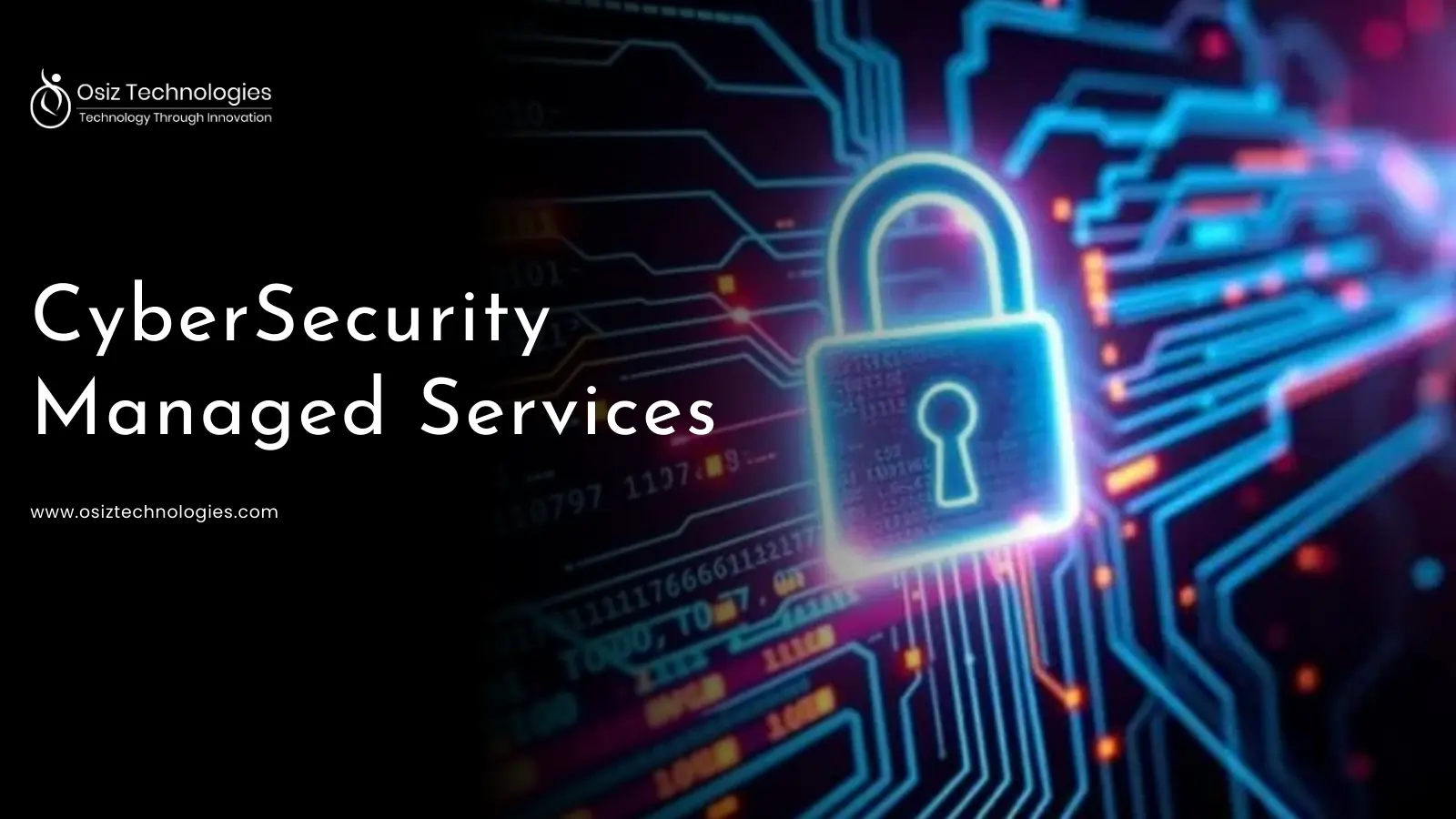In the evolving landscape of blockchain technology, smart contracts have emerged as a revolutionary concept that promises to change the way we conduct transactions. These self-executing contracts with the terms of the agreement directly written into code are not only transforming industries but also enhancing efficiency and reducing the need for intermediaries. In this article, we will explore what smart contracts are, how they function, their benefits, challenges, and real-world applications.
Understanding Smart Contracts
Smart contracts are digital protocols that facilitate, verify, or enforce the negotiation or performance of a contract. They are stored on a blockchain, which ensures their security and immutability. Unlike traditional contracts, which require manual execution and oversight, smart contracts automatically execute actions when predefined conditions are met. This automation minimizes the risk of human error and enhances trust among parties involved.
The Origin of Smart Contracts
The term “smart contract” was coined by computer scientist Nick Szabo in the 1990s. Szabo envisioned a system where contracts could be executed automatically, eliminating the need for intermediaries. The implementation of smart contracts gained traction with the advent of blockchain technology, particularly with Ethereum, which introduced a platform specifically designed for creating and executing smart contracts.
How Do Smart Contracts Work?
Smart contracts operate on blockchain networks, which are decentralized and distributed ledgers. Here’s a step-by-step breakdown of how they work:
1. Code Creation: A developer writes the smart contract code, defining the rules and conditions that govern the contract.
2. Deployment: The smart contract is deployed onto the blockchain, making it accessible to all participants in the network.
3. Triggering Events: When the specified conditions are met, the smart contract automatically executes the agreed-upon actions.
4. Verification: The blockchain network verifies the execution, ensuring transparency and trust among parties.
Key Benefits of Smart Contracts
Smart contracts offer several advantages that make them appealing for various applications:
Efficiency: By automating processes, smart contracts eliminate the need for intermediaries, reducing transaction times and costs.
Security: Stored on a blockchain, smart contracts are tamper-proof and secure, minimizing the risk of fraud.
Transparency: All parties have access to the same information, enhancing trust and accountability.
Accuracy: Automated execution reduces the risk of human error, ensuring that contracts are fulfilled as intended.
Challenges and Limitations
Despite their numerous benefits, smart contracts also face challenges that must be addressed:
Legal Recognition: The legal status of smart contracts varies by jurisdiction, which can complicate their enforceability.
Code Vulnerabilities: Bugs or vulnerabilities in the code can lead to unintended consequences, including financial loss.
Complexity: Writing effective smart contracts requires a deep understanding of both legal principles and programming.
Real-World Applications of Smart Contracts
Smart contracts have found applications across various industries, demonstrating their versatility:
1. Financial Services
In finance, smart contracts can automate processes such as loan approvals, insurance claims, and trade settlements, significantly reducing processing times and costs.
2. Supply Chain Management
Smart contracts can enhance transparency and traceability in supply chains by automatically recording each transaction on the blockchain, ensuring that all parties have access to real-time data.
3. Real Estate
In real estate, smart contracts can streamline property transactions by automating the transfer of ownership, reducing the need for intermediaries like brokers and lawyers.
4. Healthcare
Smart contracts can manage patient consent and data sharing, ensuring that sensitive information is only accessible to authorized parties.
Future of Smart Contracts
The future of smart contracts looks promising as more industries recognize their potential. With advancements in technology and increasing legal recognition, we can expect to see wider adoption and more innovative use cases. Furthermore, as developers continue to improve the security and functionality of smart contracts, they will become an integral part of our digital economy.
Conclusion
In the evolving landscape of Blockchain Development, smart contracts have emerged as a revolutionary innovation transforming how we conduct digital transactions. These self-executing agreements, written directly into code, are reshaping industries by enhancing efficiency, transparency, and security while reducing the need for intermediaries. As a vital component of modern Blockchain Development, smart contracts enable automated, trustworthy processes that minimize human error and foster greater trust between parties.
Listen To The Article
Recent Blogs

Avail
30% Off












